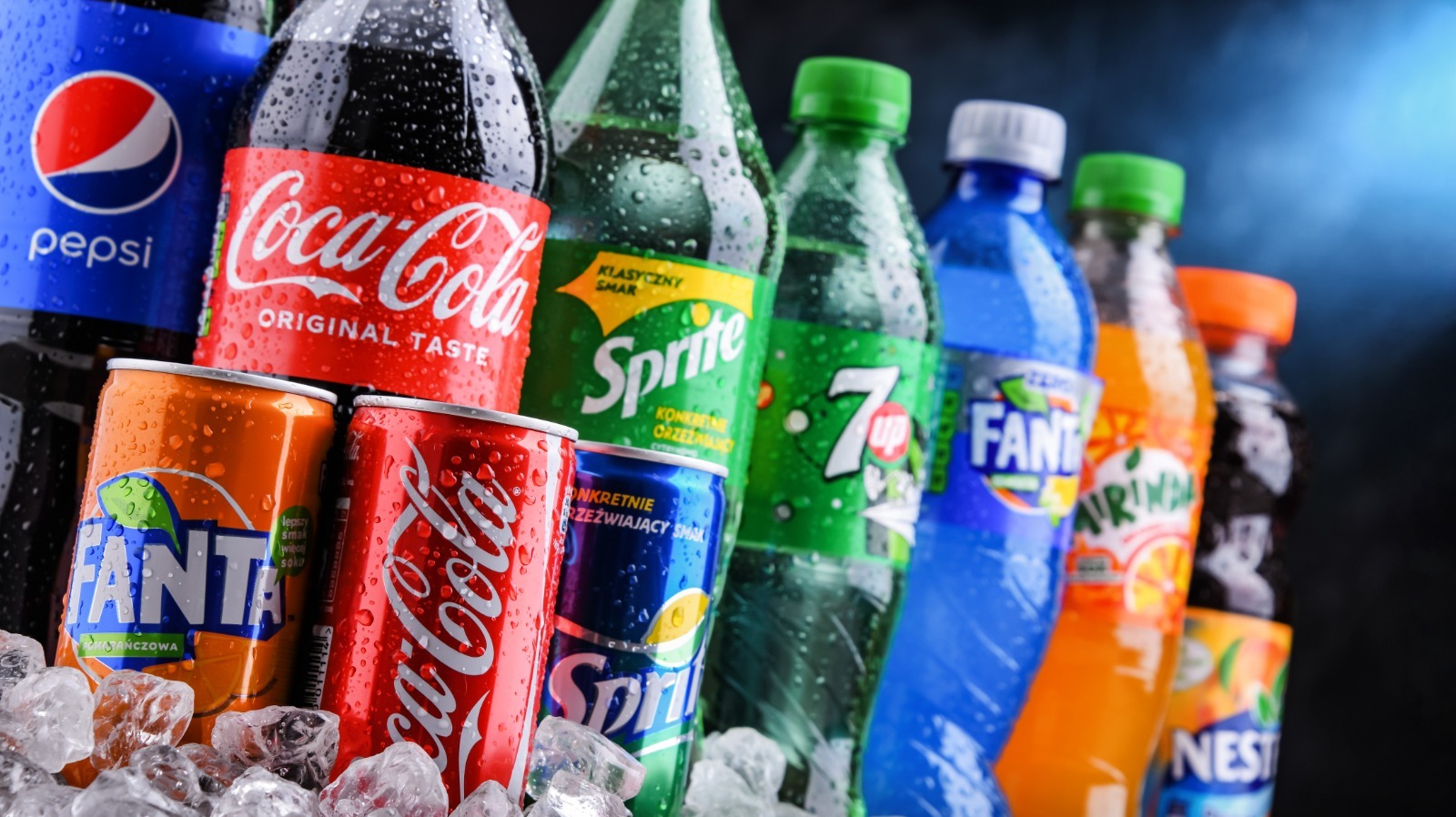Every day, millions of carbonated drink are consumed around the world. The refreshing and fizzy feeling of carbonated water makes it widely popular across the globe. Carbonated water holds a large market share in the beverage industry. Therefore, understanding this type of drink will help you have a complete information base about the drinks you use everyday. Whether you are a consumer, retailer or beverage distributor. This article will help people better understand carbonated drink.
Carbonated beverages are the highest consumed drinks around the globe, and include soft drinks, energy drinks, juices, carbonated water, and coffee. Carbon dioxide gas is incorporated into beverages at high pressure, which makes the drink fizzy (Chun et al., 2016).

Negative Health Effects of carbonated drink
- High Sugar Content: Many carbonated drinks are high in added sugars, which can contribute to weight gain, obesity, and an increased risk of type 2 diabetes. Regular consumption of sugary sodas has been linked to these health issues.
- Dental Health: The acid and sugar in carbonated drinks can erode tooth enamel and lead to dental cavities and tooth decay. This is particularly problematic if proper oral hygiene is not maintained.
- Bone Health: Some studies suggest that excessive consumption of carbonated drinks may lead to lower bone mineral density, potentially increasing the risk of osteoporosis.
- Empty Calories: Carbonated drinks are often calorie-dense but provide little to no nutritional value. Consuming them can displace healthier food and beverages from one’s diet.
- Caffeine Content: Some carbonated drinks, particularly cola beverages, contain caffeine. Excessive caffeine intake can lead to issues like insomnia, increased heart rate, and nervousness.
Carbonated drinks good or bad for health
Carbonated drinks can have both positive and negative health effects, depending on various factors, including the type of beverage, frequency of consumption, and individual health considerations. Here are some key points to consider:
Modern Marvels: How Does Carbonation Work? | History
FAQ
What drinks are not carbonated?
What is the most popular carbonated drink?
What drinks are naturally carbonated?
Is coffee carbonated drink?
What are carbonated drinks?
Carbonated drinks are a type of beverage that contains dissolved carbon dioxide gas. This gas is responsible for the bubbles that are formed when the drink is opened, creating a fizzy and refreshing texture. Carbonated drinks come in a range of flavors, including fruit, cola, and energy drinks.
What is the healthiest carbonated beverage one can drink?
The healthiest type of carbonated beverage is unflavored and unsweetened sparkling water. For example, Perrier and Pellegrino, are carbonated natural spring waters.
How are carbonated drinks made?
Carbonated drinks are made by dissolving carbon dioxide gas in water. This process is achieved by using a carbonation machine, which adds carbon dioxide gas to the water under pressure. Once the gas is dissolved, the water is flavored with various ingredients, such as fruit extracts, sugar, and artificial sweeteners.
Are carbonated drinks healthy?
Thankfully, there are healthy carbonated drinks out there too, if you know where to look. These drinks contain much less sugar than soda. Many contain no sugar at all and skip the other additives as well. They’re also much healthier than processed still sugary drinks, like Vitaminwater, Gatorade, and Powerade.
